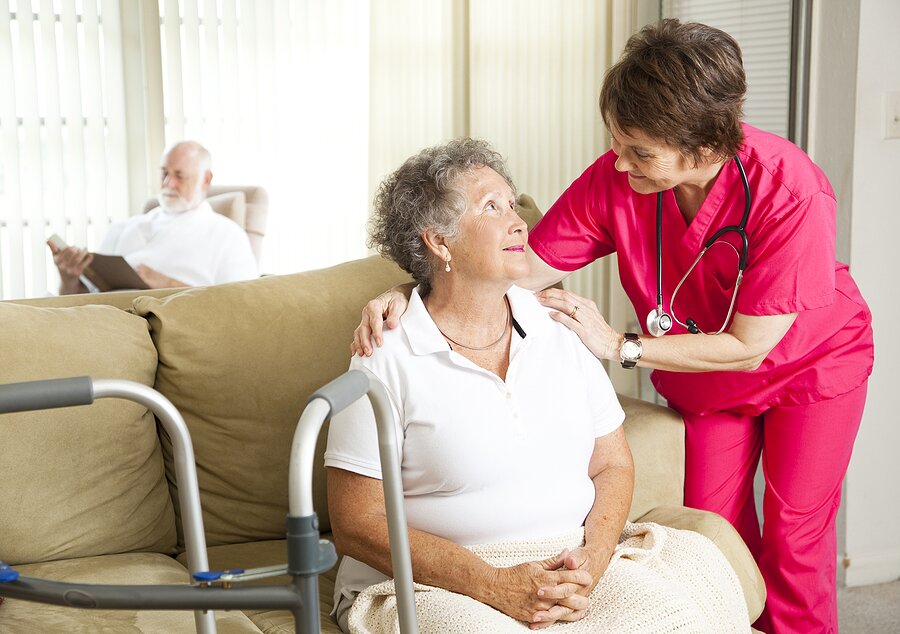Aging Loved Ones and Care Options
The elderly stage of life can be a difficult time for many people. As time goes on, you may notice that your aging loved one is moving slower, unable to take care of themselves properly, or becoming more forgetful. All of these are a natural part of aging, but it doesn’t mean that they have to handle it on their own. It is important to understand what care options may be available for your aging loved one, and how to prepare them for the high likelihood that they may need to consider long-term care options soon.
Planning to Pay for Long-Term Care
Long-Term Care, in many cases, can be expensive. This is especially true when families do not plan for these costs. Without the proper financial plan in place, elderly individuals quickly burn through retirement funds and their assets to pay for their care and medical bills. It is important to speak with an estate planning attorney and/or a financial advisor as part of your planning process. Long-term care insurance can also be an option but is generally best if started at a younger age.
Long-Term Care Options
Several different long-term care choices should be considered when planning for your loved one’s future. Keep in mind that as time goes on, your loved one’s situation may change, which can prompt you to seek out a different long-term care option.
Nursing Homes
Nursing homes are facilities where full-time nursing staff care for the daily needs of the elderly and the disabled. Nursing homes provide round-the-clock care as well as activities to keep their residents active and social.
Assisted Living Facilities
Assisted Living facilities are apartment complexes that have nursing staff. They are similar to nursing homes but allow the residents to have more autonomy. Generally, assisted living facilities are for elderly individuals with better mobility and cognitive function than those relegated to a nursing home. Activities are held throughout the days in these facilities, allowing residents to remain active and social.
In-Home Care
If your loved one’s home or apartment is well situated for aging in place, in-home care may be a good option. Hiring a home health aide or nurse can allow your loved one to receive assistance while still living in the comfort of their own home. This can be a good option for seniors who are afraid of losing their independence but still require some assistance.
Continuing Care Retirement Communities (CCRCs)
Most retirement communities do not provide additional medical or health services. However, CCRCs are an exception to this. Continuing Care Retirement Communities provide independent housing, along with nursing care or home health aides, on one campus. They may also have rec centers, community facilities, golf courses, and more on-site for residents. These facilities can allow your loved one to retire comfortably, with the option of receiving nursing care or in-home assistance straight from the facility.
Matthew Funeral Home does not provide financial, medical, or healthcare advice via articles. This material has been prepared for informational purposes only, and is not intended to provide, and should not be relied on for financial or medical advice.
For almost 50 years, Matthew Funeral Home has been serving the Staten Island community. We can help with almost every aspect of your loved one’s memorial service. Our family is here to serve yours, every step of the way.
 (718) 761-5544 |
(718) 761-5544 |  matthewfh@matthewfuneralhome.com |
matthewfh@matthewfuneralhome.com |  2508 Victory Boulevard, Staten Island, NY 10314
2508 Victory Boulevard, Staten Island, NY 10314








 matthewfh@matthewfuneralhome.com
matthewfh@matthewfuneralhome.com
Comments